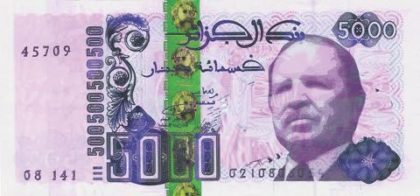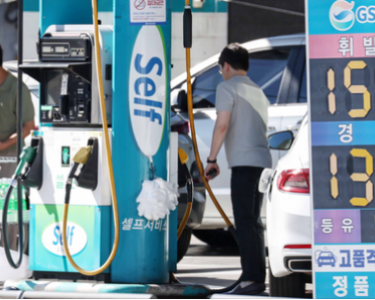ALGIERS, Algeria, June 24 (NNN-APS) – After a year-and-a- half of printing money, to finance the national economy, amid continuing drop in the country’s foreign reserves, Algeria announced giving up the funding option.
Hassan Rabhi, minister of communication and spokesman for the government, told reporters in Algiers that, “the era of unconventional financing has gone for good.”
The minister did not provide details of the strategy the cabinet is to adopt, to face the fallout of the continuing melting of the country’s foreign exchange reserves.
However, Rabhi said, “The government has taken steps to avoid potential risks that could harm the economy.”
He added, “The preservation of the country’s economy and its national institutions is the responsibility of everyone.”
Amid political crisis hitting the North African nation, the central bank announced on April 20, its objection to the economic and monetary policy adopted by the government of former President, Abdelaziz Bouteflika.
The central bank has clearly abandoned the option of printing money, ordered by former Algerian Prime Minister, Ahmed Ouyahia, to stem the economic crisis triggered by the plunge of oil prices.
Printing money has been widely criticised by the opposition parties and economic experts in Algeria, while Ouyahia justified it by assuring that it was an urgent and temporary measure, to finance public debts and avoid cessation in the payment of retired and civil servants’ salary.
According to the Central Bank of Algeria, out of 55 billion U.S. dollars generated from the unconventional financing, some 20 billion dollars were destined to finance the treasury deficit for 2017, 2018 and part of 2019.
The foreign exchange reserves melted, as oil prices started to fall by the second half of 2014. The reforms initiated by the former government aiming at stabilising the trade balance did not reach the desired results.– NNN-APS




